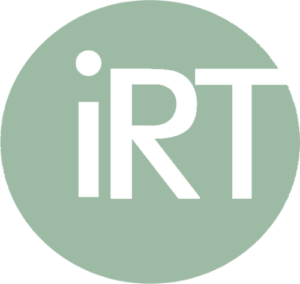Teen Intervene is a school- or community-based intervention program for 12- to 19-year-olds who display the early stages of alcohol or drug involvement. The program is typically administered in an outpatient, school, or juvenile detention setting by a trained professional in three 1-hour sessions conducted 10 days apart. Parents are included in the third session in an effort to support parent-teen communication and support around abstinence goals. The overall goals are for teens to reduce and ultimately end their substance use.
STARS for Families
Start Taking Alcohol Risks Seriously (STARS) for Families is a school-based health promotion program that aims to prevent or reduce alcohol use among middle school youth ages 11 to 14 years. STARS for Families has three components. Youth receive individual consultations about alcohol use, parents and guardians receive information at home on how to talk to their children about alcohol, and families complete take-home lessons together designed to enhance communication. The overall goal is abstinence from or delayed initiation of the use of alcohol.
Project SUCCESS
Project SUCCESS (Schools Using Coordinated Community Efforts to Strengthen Students) is designed to prevent and reduce substance use among students 12 to 18 years of age. The four-part program includes education about substance use and consequences, school-wide activities to change social norms about substance use, a parent education component, and individual and group counseling for students and parents.
Brief Marijuana Dependence Counseling
Brief Marijuana Dependence Counseling (BMDC) is a therapeutic treatment approach designed for adults with a diagnosis of cannabis dependence. BMDC is implemented by social workers, counselors, or psychologists as a 9-session multicomponent therapy that includes elements of motivational enhancement therapy (MET), cognitive behavioral therapy (CBT), and case management. The overall goal is abstinence from marijuana.
Cocaine-Specific Coping Skills Training
Cocaine-Specific Coping Skills Training (CST) is a therapeutic treatment approach designed for adult cocaine users. Participants work with a trained psychologist individually or in a group, learning skills and behaviors to reduce and avoid drug use. CST is delivered in up to eight 45-minute sessions three to five times a week. The overall goal is abstinence from cocaine and alcohol.
